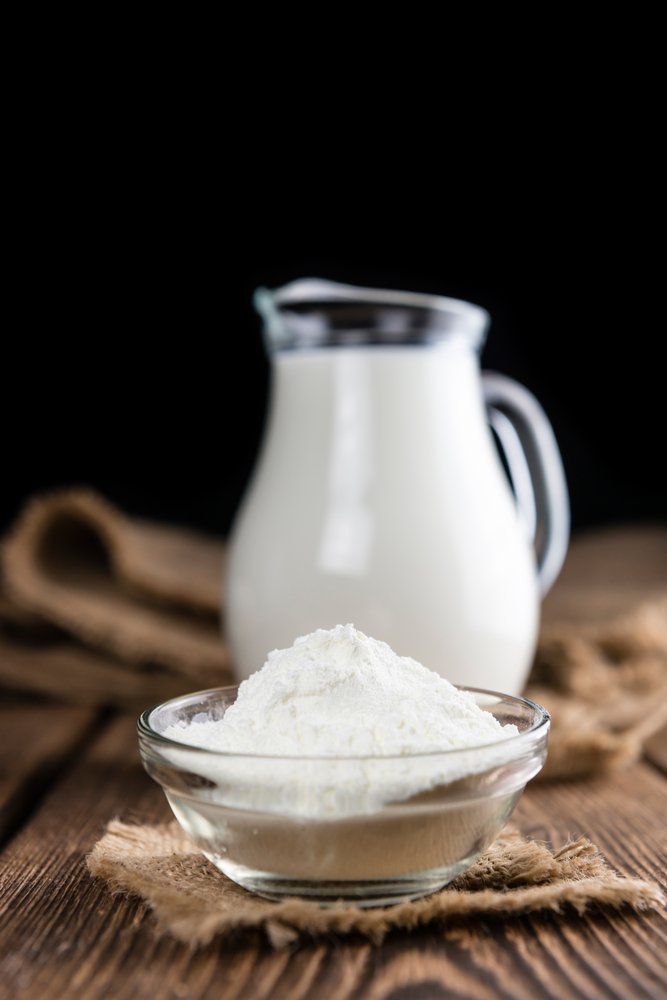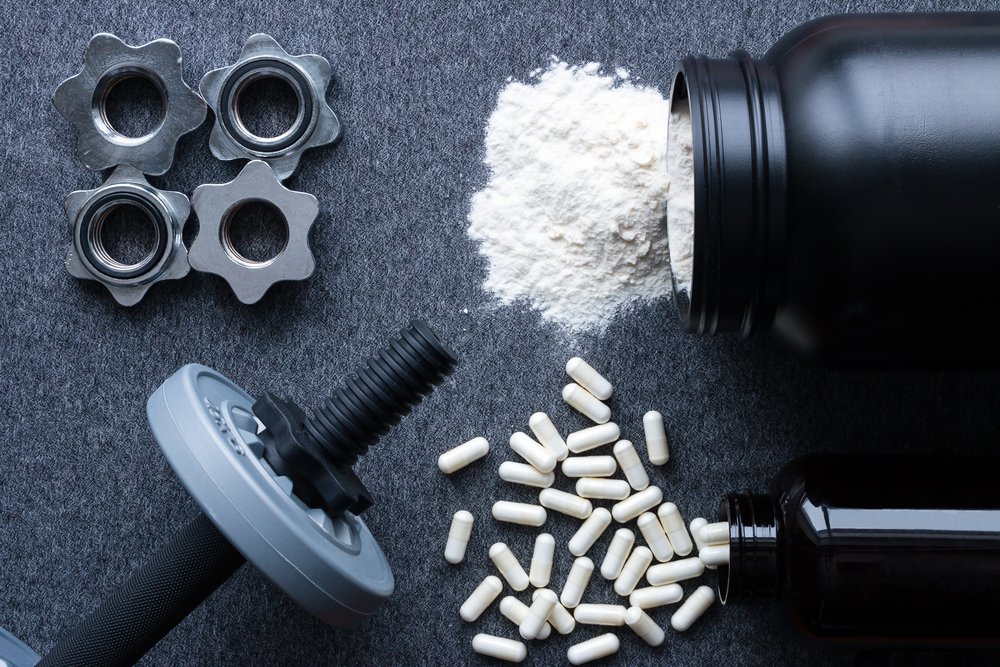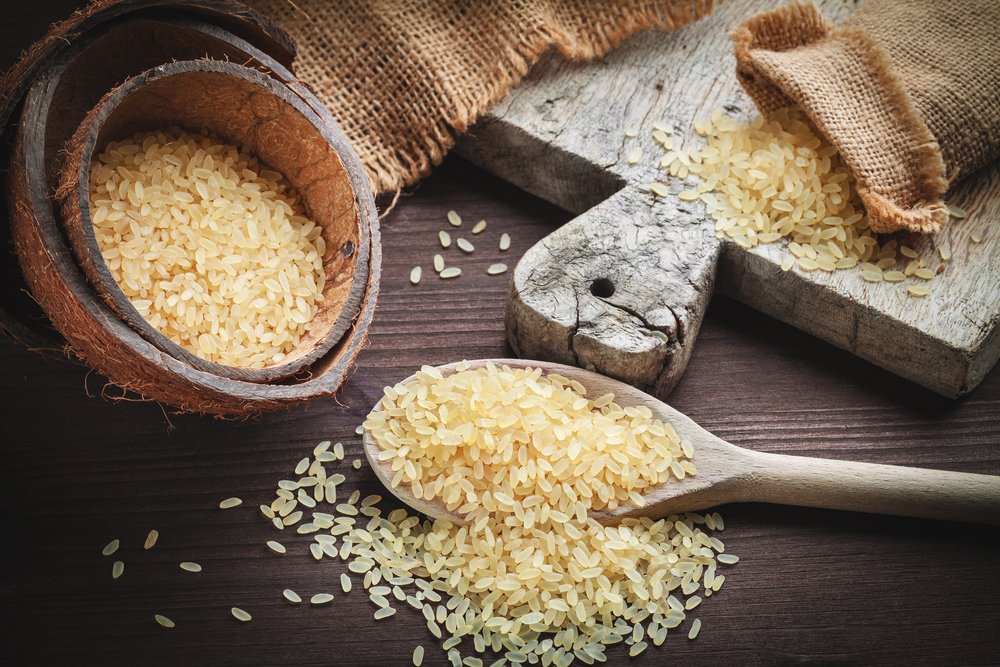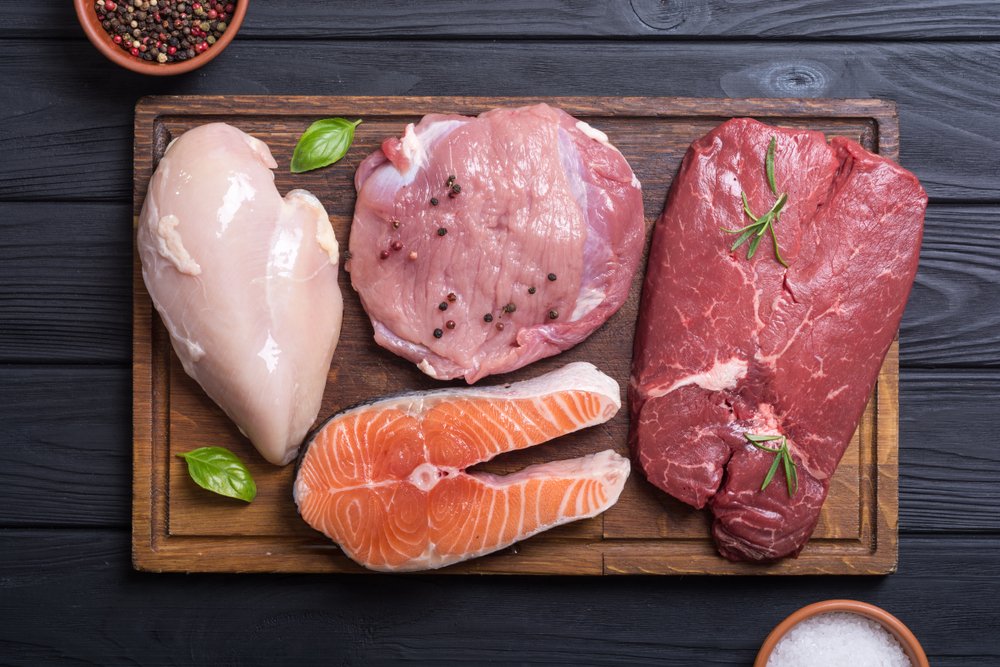The brain is the control centre of our bodies, responsible for keeping our heart beating, lungs breathing, our movement, thoughts and feelings. Given the amount of responsibility that our grey matter has to deal with; it’s undeniably important to ensure we keep our brains in tip-top condition.
With the popularity of brain-boosting nootropic supplements on the rise, many people are now incorporating these into their diets to improve their brain function and health. But are they worth the hype? We look at the most effective ways to improve brain function and discuss the potential benefits to be gained from brain-boosting supplementation.
Food For Thought – The Best Brain Food
The food that we eat plays a significant role in keeping our brains healthy and can improve specific aspects of cognitive function such as memory, concentration and mood. There are several foods famed for their brain-boosting properties such as:
- Oily fish – studies have shown that omega 3 fish oils found in salmon, sardines and mackerel can help to reduce symptoms of depression. Fish oil may also offer help in the prevention of dementia and studies have indicated that eating oily fish may improve working memory (13, 16,
If you’re not a fan of fish you can reap the benefits with our handy TPW omega 3-6-9 tablets. Veggie or vegan? We’ve got you covered with our TPW Vegan omega 3:6:9 tablets, rich in plant-based healthy fatty acids.
- Coffee – Coffee is one of the primary sources of antioxidants in Western diets and boasts many other brain health benefits.The antioxidant chlorogenic acids (CGAs) found in coffee may benefit some biological pathways, such as blood sugar metabolism and high blood pressure, both of which are related to the risk of age-related mental decline.
Caffeine, the main active ingredient in coffee, is renowned for its brain boosting ability. This stimulant blocks adenosine; the neurotransmitter in the brain that makes us feel sleepy and also stimulates the central nervous system by promoting the release of other ‘feel-good’ neurotransmitters dopamine and serotonin.
- Blueberries – Bursting with antioxidants and nutrients, blueberries are also an excellent source of vitamin C, which plays an important role in helping to protect and repair your cells in the body during times of stress. They are also one of the lowest sugar fruits so aim for a daily 80g portion to count towards your 5-a-day.
- Dark chocolate – One of the best sources of antioxidants in the world and packed full of nutrients than can positively impact our health. Studies have shown that high quality dark chocolate (anything above 80% cocoa) can benefit cardiovascular health, brain activation and brain protection. The flavonoid (antioxidant) content in dark chocolate has been found to impact brain blood flow, reaction times, working memory and calmness (6,8).
- Nuts – packed full of brain-boosting nutrients such as vitamin E, healthy fats and plant compounds. Research has shown that nuts can improve brain function and prevent neurodegenerative diseases. While all nuts are good for cognitive health, little brain-shaped walnuts are the holy grail as they also pack a powerful punch of omega-3 fatty acids (16, 24)
- Eggs – A rich source of choline and several B vitamins, which are key for healthy brain function and regulating mood. Choline found in eggs is an important micronutrient that our bodies use to create acetylcholine (a neurotransmitter that regulates memory and mood). Several studies have shown that higher intakes of choline are linked to better memory and brain function (16, 19).
- Green tea – Similarly to coffee, the caffeine content of green tea boosts brain function and increases alertness, while its powerful antioxidants protect the brain and improve memory. The amino acid L-theanine is also present in green tea which has been shown to reduce anxiety and help us feel more relaxed. Research has also shown that L-theanine can increase relaxation because it counteracts the stimulant effect of caffeine (4, 9, 17,25). TPW Green Tea Capsules
- Turmeric – Research has shown that turmeric and its active compound curcumin have powerful anti-inflammatory and antioxidant benefits. Research has found that it has reduced symptoms of depression and alzheimer’s disease (15, 23).
Gains For Your Brain and Your Body
Anatomically speaking, our brains aren’t a muscle. While the brain does contains a little bit of muscle, its predominantly grey matter with a cellular structure far more complex than that of any muscle. This being said, there’s good reason why the brain is often compared to muscle with regards to ‘brain training’ and the old ‘use it or lose it’ mentality.
Research shows that mental stimulation improves brain function and also reduces the risk of mental decline and neurodegenerative diseases. Mental stimulation or ‘brain training’ helps the brain to grow stronger, faster, and more efficient in completing the millions of tasks the brain is charged with daily, from problem solving, maintaining concentration, memory, attention span and controlling every aspect of the rest of our bodies – woah.
Some ways to train your brain include reading a book, playing Sudoku, learning a new language, or there’s a vast array of ‘brain training’ apps and games available to keep your brain game strong.
Training your body as well as your brain can provide countless brain-boosting benefits. Research has shown that activity levels are connected to healthy ageing, both physically and mentally. Exercise increases your heart rate, which promotes the flow of blood and oxygen to your brain.
Exercise has also been shown to improve mood and decrease feelings of stress, anxiety and depression. In addition, physical activity can increase the production of ‘feel-good’ endorphins which improves mood and reduces symptoms of anxiety. Regular exercise has also been shown to increase energy levels and reduce feelings of fatigue (2, 14, 20).
Exercise has been shown to protect memory, improve brain function and thinking skills. Physical activity stimulates the production of hormones which enhance the growth of brain cells. This is particularly important in older people as ageing promotes changes in the structure of the brain and its function. Exercise has been found to reduce the changes in the brain that can lead to Alzheimer’s and increase mental function in older adults. Even low-level exercise such as gentle walking or doing household tasks such as hoovering, can help to reduce the risk of mental impairment in older people (1, 10).
So, whatever your preferred training; be it resistance training, cardio, yoga…engaging in regular exercise will provide your brain with a boost of energy, maintain cognitive health, improve brain function and future-proof your brain health to ensure your noodle ages gracefully.
Snooze You (Don’t) Lose: How Sleep Positively Affects Your Brain
Sleep is one of the most important parts of our daily routine – in fact, we spend around a third of our lifetime doing it!
Quality sleep is as important for survival as food and water, and is crucial for various aspects of brain function including concentration, productivity, cognition and performance. All of these aspects are negatively impacted when we don’t get enough sleep. Having enough sleep affects how our brain cells (neurons) communicate with each other. Studies show that a severe lack of sleep, or having bad quality sleep, increases the risk of developing disorders such as high blood pressure, diabetes, depression, cardiovascular disease and obesity. Poor sleep quality is often linked to mental health issues such as depression, it is estimated that 90% of people living with depression complain about their quality of sleep (21).
Whilst we have discussed the many benefits of caffeine in relation to enhancing focus and brain function, it is recommended that caffeine intake should be stopped 9 hours before bedtime. One large cup of coffee 6 hours before bed can reduce sleeping time by 1 hour so it is therefore best to try and reduce your caffeine intake and try to leave that 9 hour window free from caffeine before bed for good quality sleep. If you can’t survive without your afternoon coffee, try supplementing with 200mg of L-Theanine one hour before bed. As discussed earlier, L-Theanine is an amino acid found in tea and reported to counteract the effects of caffeine and have a calming effect (5, 17).
When it comes to how much sleep we should have, there is no real definitive answer. Throughout our life cycles, sleep demands alter, increasing or decreasing dependant on our age, gender, activity levels and genetics. We’ve all heard 8 hours sleep being stated as a recommendation, however there are some people who can function very highly on just 4-5 hours. It is entirely dependant on ourselves, some people are night owls, some are early birds – just as some of us are sleep monsters and need a minimum of 7-8 hours and some of us can thrive on as little as 4 hours. So, rather than fret about the duration of your sleep, prioritise the quality of your sleep instead. This can be done in a few simple steps by:
- Reducing caffeine intake and limit consumption to 9 hours before bedtime.
- Get into a routine bedtime and try to stick to waking up at the same time as much as possible, even on days off (sorry)!
- Reduce light exposure before bed time, particularly the ‘blue light’ radiated from mobile phones, computers and televisions at least two hours before bed. This is because ‘blue light’ can suppress melatonin (the hormone that makes us feel sleepy) so we feel more alert at bedtime. However, some devices now have a feature which disables the blue light, so check to see if you have it.
Noo-tropic Like it’s Hot! – Improving Brain Function Through Nootropics
Nootropics are natural or synthetic substances that can be consumed to improve mental performance and cognitive function. Nootropics have gained a lot of recent media attention and are most frequently used to improve memory and intelligence, increase focus and motivation, and enhance creativity. There are naturally occurring nootropic substances such as ginkgo biloba and caffeine; and synthetic prescription-only drugs such as Adderall and over the counter supplements such as Noopept. Some of the brain-boosting food sources mentioned earlier are classed as ‘food nootropics’ such as turmeric and eggs (3, 12, 18).
Many nootropics boast promising benefits, such as boosting focus, improving memory or motivation, and there’s research to back up specific uses. However, the effectiveness of nootropics is mostly dependent on when they are taken, as certain situations will affect the type of effects required. For example, caffeine – the world’s most popular nootropic, is best used in the morning as opposed to in the evening where it is likely to negatively impact sleep quality.
Purpose-made nootropics can be safely and simply consumed in capsule, powder or drink form to be easily incorporated into your daily routine. Created with an optimal blend of nootropic compounds such as L-theanine and Choline, try our latest TPW innovation, Endless for a delicious brain boosting drink.
The Take Home:
To ensure you keep your brain in good health, it’s recommended to follow the combination of principles listed above. So, eat a varied diet – rich in healthy fats and antioxidants, engage in regular exercise, get good quality sleep and if seeking an extra brain-boosting edge; incorporate brain-boosting nootropics into your diet. This can be either in ‘food nootropic’ form, in caffeinated beverages or supplement with a quality nootropic to ensure your brain is firing on all cylinders.








No Comments yet!